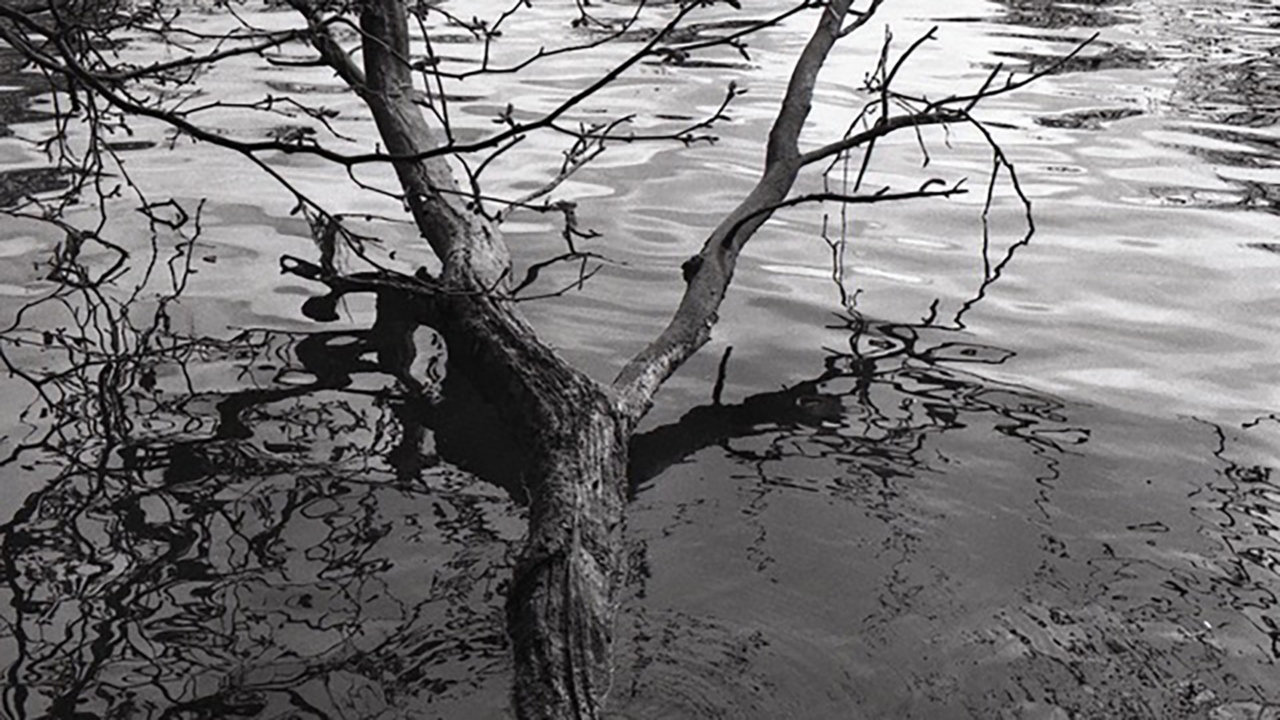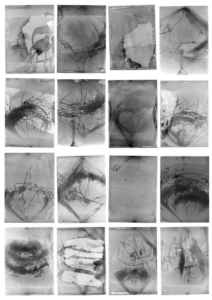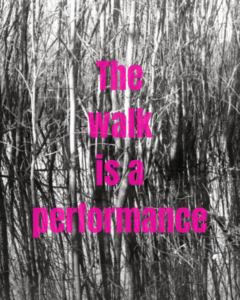- Posted on October 28th, 2025
A Thames Pilgrimage: Walking, Witnessing, and Transformation

The Creative Climate Accelerator is a training programme by JB and Arts Council England, designed to empower emerging climate leaders from diverse backgrounds within the cultural sector. Participants develop action plans for creative climate projects, focusing on themes like climate justice and biodiversity.
Artist and producer Laura De Moxom, supported by Reading-based arts organisation Jelly, took part in the 2024 cohort to develop a practice-led response to place and the natural world.
Hi. I am Laura De Moxom and I am an artist, producer and cultural manager, and I spent the last ten years working and learning in participatory arts, mostly supporting other people to explore their creativity, which I absolutely love.
I’m really lucky to have been part of the 2024 cohort for the Julie’s Bicycle Creative Climate Accelerator programme, as it’s been a catalyst for my latest work, A Thames Pilgrimage. It’s a solo walking journey along the Thames path from mouth to source, which is over 290 kilometres, which I did in 16 days.
The walk was a performance and a process of transformation. Each day I made photographs. I tested the river water for pollution, wrote in a diary and gathered objects. Each night I made long exposure self-portraits in the rooms I was staying in.
Some of the portrait negatives were carried in my pocket, submerged in river water with found materials like pottery, shells, stones to degrade and absorb the journey.
I’ve also been working with plant-based developers using Thameswater as a way to move away from toxic oil-based chemicals that are traditionally used in film photography.
The project was about many things for me. It was about mental health, environmental care and a deepening relationship with place and nature. But now I understand at the heart of it was the question around: how can we witness the natural world more slowly, more intimately? How can we let that witnessing change us?
The Creative Climate Accelerator came at the perfect time. I was just starting to imagine this project and the programme gave me the confidence to pursue it fully and to apply for funding, which I received that enabled it to happen.
Until now, my work’s usually focused around community and delivering with community. So it’s a big emotional shift for me to put my own practise at the centre. But hearing how the project resonated with others, especially during the in-person session, helped me trust that this was meaningful work.
So I’m very grateful to the mentors and other participants for their encouragement and support.
The programme also helped me ground the work in wider climate thinking from biodiversity and justice to mitigation and action. It reminded me that personal work can still be part of systems change, that even slow analogue practises can contribute to new ways of thinking and making.
I was nominated by my organisation Jelly, who’ve been incredibly supportive. They’ve given me time, space and encouragement and they’ll continue to support the project as it grows. That belief has made a really huge difference.
Right now I’m still developing the film and putting the work together. Over the summer, I’ll be learning photopolymer printmaking, a non-toxic alternative to acid etching. And in the autumn I’ll be working with a book designer to create a publication that brings together the writings, images and test data.
The work has felt experimental and messy in the many threads that it aims to pull together. Also deeply personal, but it’s also changed how I see my practise and what it might be capable of.



